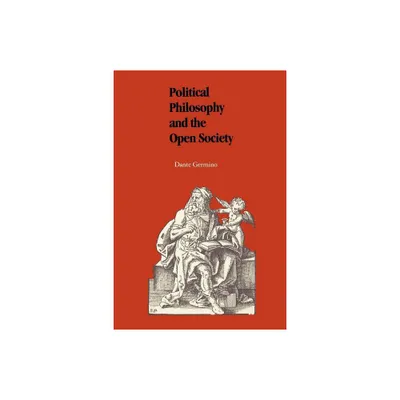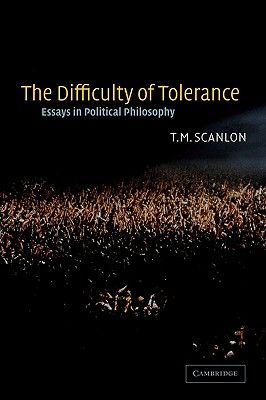Home
Philosophy, Mysticism, and the Political: Essays on Dante
Loading Inventory...
Barnes and Noble
Philosophy, Mysticism, and the Political: Essays on Dante
Current price: $99.00


Barnes and Noble
Philosophy, Mysticism, and the Political: Essays on Dante
Current price: $99.00
Loading Inventory...
Size: Hardcover
*Product Information may vary - to confirm product availability, pricing, and additional information please contact Barnes and Noble
Among today's Italian philosophers, Massimo Cacciari is perhaps the most assiduous commentator of Dante.
Philosophy, Mysticism, and the Political
collects all of Cacciari's writings on Dante to this day, from his masterful analysis of St. Francis of Assisi in Dante's
Paradiso
and Giotto's frescoes to a new consideration of Dante's "European" idea of empire as a federation of nations, peoples, and languages. Cacciari does not force Dante into any philosophical straitjacket. Rather, he walks with Dante, takes notes, asks questions, raises issues, and tries to understand the
Divine Comedy
in Dante's terms. Cacciari approaches Dante's Ulysses and the theologico-philosophical vertigo of
not as a critic but from the point of view of a faithful, assiduous, perceptive, sometimes perplexed, and sometimes worshipful reader. Cacciari's analysis shows once more that Dante does not belong to the past. Dante creates his own age and stays with us whenever we wish to follow his path.
Philosophy, Mysticism, and the Political
collects all of Cacciari's writings on Dante to this day, from his masterful analysis of St. Francis of Assisi in Dante's
Paradiso
and Giotto's frescoes to a new consideration of Dante's "European" idea of empire as a federation of nations, peoples, and languages. Cacciari does not force Dante into any philosophical straitjacket. Rather, he walks with Dante, takes notes, asks questions, raises issues, and tries to understand the
Divine Comedy
in Dante's terms. Cacciari approaches Dante's Ulysses and the theologico-philosophical vertigo of
not as a critic but from the point of view of a faithful, assiduous, perceptive, sometimes perplexed, and sometimes worshipful reader. Cacciari's analysis shows once more that Dante does not belong to the past. Dante creates his own age and stays with us whenever we wish to follow his path.


















